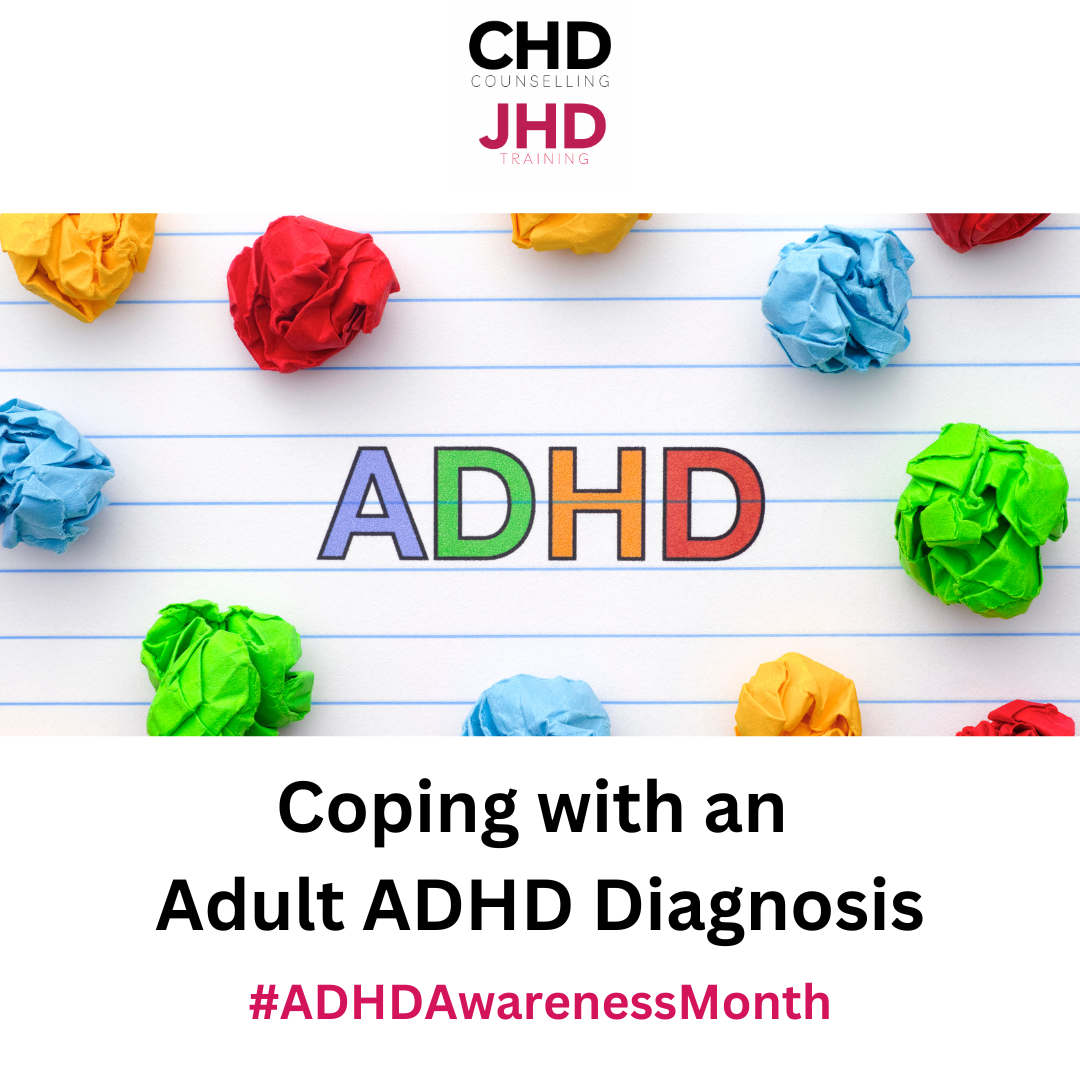Keeping a positive mindset during the winter months
Keep your mindset positive through the winter months
The winter months can be a difficult time for many people. The shorter days, colder weather, and lack of sunlight can all lead to feelings of sadness, lethargy, and isolation. If you're struggling to keep your mindset positive during the winter, here are a few tips to help:
1. Get enough sunlight. Sunlight exposure is essential for regulating our mood and energy levels. During the winter months, it's important to make an effort to get as much sunlight as possible. If you can, go for a walk outside during the day, even if it's just for a few minutes. If you live in a particularly gloomy climate, consider using a light therapy lamp.
2. Stay active. Exercise is another great way to boost your mood and energy levels. Aim for at least 30 minutes of moderate-intensity exercise most days of the week. Even if you can't get outside, there are plenty of ways to stay active indoors, such as yoga, Pilates, or dancing.
3. Eat a healthy diet. Eating nutritious foods helps to fuel your body and mind. Make sure to eat plenty of fruits, vegetables, and whole grains. Avoid processed foods, sugary drinks, and excessive caffeine and alcohol, as these can all contribute to low mood and energy levels.
4. Connect with others. Social support is important for mental health year-round, but it can be especially beneficial during the winter months. Make an effort to spend time with loved ones, even if it's just a quick phone call or text message. If you don't have a lot of social support, consider joining a club or group, or volunteering in your community.
5. Do things you enjoy. Make time for activities that you find enjoyable and relaxing. This could be anything from reading a book to watching a funny movie to taking a warm bath. When you're doing something you enjoy, it's easier to focus on the positive aspects of life.
6. Seek professional help if needed. If you're struggling to cope with the winter months, don't be afraid to seek professional help. A therapist can provide you with support and guidance as you work to develop a more positive mindset.
Here are a few additional tips that may be helpful:
- Wear bright colours. Wearing bright colours can help to boost your mood and make you feel more cheerful.
- Spend time in nature. Even if it's just a trip to the park, spending time in nature can help to reduce stress and improve your mood.
- Make your home cosy. Create a warm and inviting space where you can relax and unwind. This could involve lighting candles, playing calming music, or simply decluttering and making your home feel more organised.
- Get involved in your community. Volunteering or joining a club or group is a great way to meet new people and make social connections.
- Be kind to yourself.
It's important to be forgiving of yourself if you have a bad day or two. Remember that everyone struggles with the winter months from time to time.
If you're struggling to keep your mindset positive during the winter months, please don't hesitate to contact us for professional help. We would be happy to provide you with support and guidance as you work to develop a more positive outlook.



